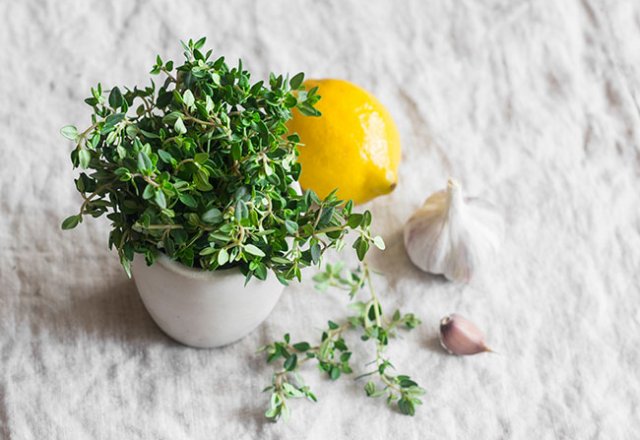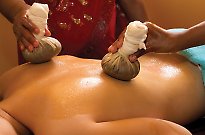
The powerful healing nature of herbs

Embrace modern medicine.
For thousands of years, herbal medicine was been recognised for its potent healing properties. REECE CARTER explores why homemade remedies are making their way back into the mainstream and discusses how plants can work to cure everyday ailments.
Home remedies have grown to be important because they offer a very gentle way to manage day-to-day ailments. To me, the philosophy that underpins herbal medicine just makes good sense. Rather than suppressing the body’s natural processes, herbal medicine works alongside them to correct imbalances ‘from the ground up’, and not just cover up the symptoms. While my training is particularly focused on Western European herbalism, the same philosophies are echoed in all of the great natural medicine traditions: treat the cause, and do so gently.
THE ROOTS OF HERBAL MEDICINE
Before pharmacists, there were apothecaries. These people largely concerned themselves with turning plant life into medicine that they would sell from their stores; they were the healers of the time. And there was something slightly magical about the way they worked, with their amber glass jars and age-old methods.
It’s a practice jam-packed with tradition. But as the human race has evolved, so too has our understanding of how these herbs work. Scientific discovery has enriched the practice of herbalism. Understanding the science of herbs is as important as knowing about their traditional uses. Knowing the names and actions of the individual compounds that lend a plant its medicinal actions helps highlight new ways to use that plant, and so traditional medicines fuse with current scientific understanding to carve out a place for herbs in contemporary healthcare.
Even in the world of pharmaceuticals, there are traces of herbalism: it is estimated that around 70 per cent of all drugs have their roots, once upon a time, in herbal medicine. It was when apothecaries began to dabble in this wholesale production of drugs from plants that the pharmaceutical industry was born. Eventually, the plants themselves were no longer needed and the same drugs could be synthesised in laboratories. Non plant-based medications came along not long after, and pretty soon herbal medicine found itself labelled archaic and ineffective. People began to mistrust natural therapies – until their recent resurgence in popularity, that is.
Today, the natural supplement industry is big business. People are once again embracing herbal healthcare, this time alongside modern medicine. Now, we think of herbal medicine as products to purchase, but it once required a set of skills.
People didn’t go out and buy a supplement; they got hands-on in the brewing of a remedy. Somebody in the household (usually the mum) would know which humble occupants of the spice rack could cure a cold, which foods would give glowing skin and which herbs could help a troubled sleeper. These skills are largely gone – apart from a few pockets of nerdy enthusiasts like myself – but what if they weren’t? What if you knew you had a planter box full of sleep on your windowsill, and a jar full of pain-relief sitting in your pantry?
These days, we’re all about detoxing our homes and bodies, but what about detoxing the medicine cabinet? This is not to say there isn’t a time and place for pharmaceuticals, because of course there is. Modern medical treatments save lives, there is no doubt about that, and natural remedies aren’t intended as a replacement for prescribed medication or proper medical care. Home remedies are not meant to take the place of your existing medications, but rather to complement them and assist in the management of your day-to-day wellness, alongside healthy diet and exercise. It’s important to follow your doctor’s orders, prioritise your prescribed medications and if in doubt always consult a health professional before making any changes – even natural ones.
HEALING AT HOME
For many of those daily health woes and minor annoyances, a gentle, organic remedy could be the answer. We have all, at some stage, suffered a sleepless night or become frustrated at sniffles that just won’t stop. These are the situations where knowing your passionflower from your elderflower becomes invaluable.
For many of these chronic complaints, you may actually find that natural medicine has an answer when your pharmacy falls short. Herbs really shine because they work in harmony with your body’s own processes, rather than interrupting them. They nourish and support the body’s homeostatic – that means ‘balancing’ – processes, and keep your body working at its best. When it comes to issues such as stress, insomnia and digestion, giving the body the help it needs to heal itself is often the best tactic, and that’s exactly what natural medicine does.
Here in Australia, we’re starting to see a real shift towards a more holistic form of healthcare. People are becoming aware of the fact that for long-term wellness, we need to consider preventative health strategies. To help you along the journey, I’ve outlined a range of my go-to herbs and spices, along with practical ways they can be used at home.


